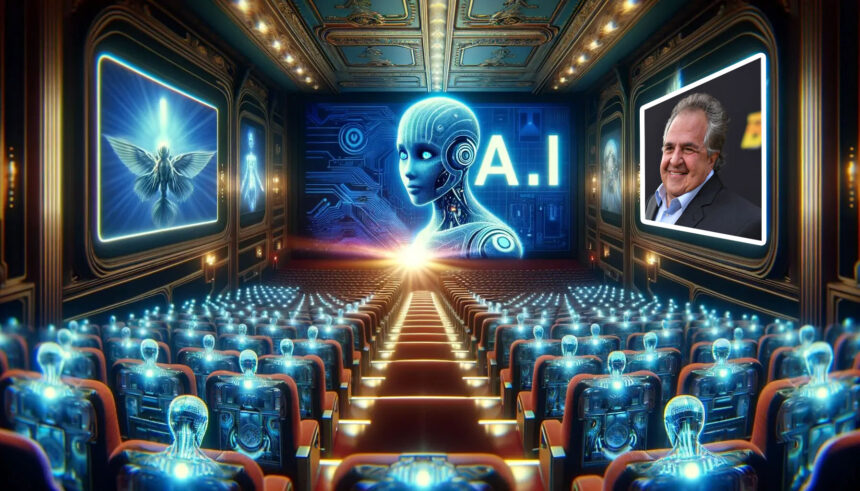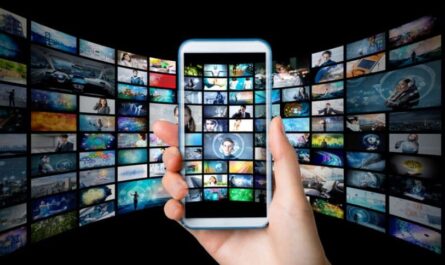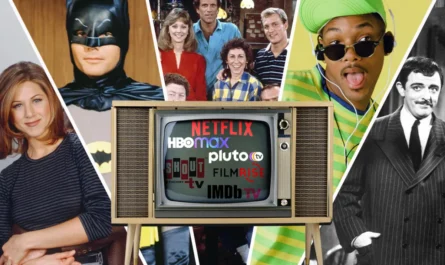Artificial Intelligence (AI) has become an essential tool in various industries, and the film industry is no exception. As technology evolves, AI plays a pivotal role in reshaping how movies are made, from pre-production and shooting to post-production and marketing. The future of movie production is increasingly intertwined with AI, helping filmmakers streamline processes, enhance creativity, and push the boundaries of storytelling in unprecedented ways.
AI in Pre-Production: Streamlining the Creative Process
Pre-production is the foundation of any film, involving scriptwriting, casting, location scouting, and planning. AI is revolutionizing this phase by providing filmmakers with powerful tools to enhance their creative vision. For example, AI-powered software is now being used to analyze scripts, helping producers and directors identify trends, character development, pacing, and even predict the potential success of a film based on historical data. Companies like Scriptbook use AI to assess the quality of scripts, offering feedback on aspects such as dialogue, structure, and marketability.
AI is also aiding in casting decisions. Machine learning algorithms can analyze an actor’s past performances, audience reception, and social media presence to help producers choose the right talent for a role. By evaluating vast data, AI can suggest actors likely to resonate with the target audience or predict which pairings might create the most compelling on-screen chemistry.
Additionally, AI tools are helping filmmakers with location scouting. Using image recognition and geospatial analysis, AI can process vast amounts of location data to recommend the most suitable filming locations, factoring in aesthetic appeal, logistical considerations, and environmental impact.
AI in Filming: Enhancing Visuals and Effects
On set, AI plays a significant role in visual effects (VFX), helping to create more immersive and realistic worlds. AI-driven software can now generate digital landscapes, characters, and even entire scenes with incredible precision. Techniques such as deep learning and neural networks allow AI to assist in creating photorealistic CGI, reducing the time and effort traditionally required to produce high-quality visual effects.
AI is also improving the production process itself. Automated cameras and drones powered by AI can capture shots with precision and efficiency, eliminating the need for multiple takes. AI algorithms can also assist with cinematography by analyzing the best angles and lighting based on the mood or emotion the director wants to convey. This speeds up production and allows for a level of creativity that may not have been possible through traditional methods.
AI in Post-Production: Editing and Sound Design
Post-production combines the magic of editing, sound design, and visual effects to create the final film. AI has made significant strides in this area by automating time-consuming tasks and enhancing the overall production quality. In editing, AI-driven tools can automatically sort through hours of footage, categorizing and tagging shots based on visual content, making it easier for editors to find the perfect scene or clip quickly. AI can also assist in color correction and enhancing the visual quality of shots, adjusting aspects such as lighting, contrast, and saturation to ensure the film maintains visual consistency.
In sound design, AI is being used to generate realistic audio effects, from background noise to special sound effects. Machine learning algorithms can analyze sound patterns and accurately replicate real-world sounds. AI can also help with dialogue replacement and audio syncing, streamlining the process and ensuring that every sound matches the visuals perfectly.
AI in Marketing and Distribution
Once a film is completed, AI continues to play a role in how it reaches audiences. AI-driven tools are now used for marketing, analyzing social media trends, audience sentiment, and demographic data to create targeted advertising campaigns. By understanding audience preferences and behavior, AI can help tailor promotional materials, ensuring they resonate with the right viewers and generate buzz before the film’s release.
AI is also influencing distribution strategies. Streaming platforms, such as Netflix and Amazon Prime Video, use sophisticated algorithms to recommend movies and shows to viewers based on their viewing history and preferences. By analyzing user data, these platforms can predict which films will be popular and suggest content viewers will likely enjoy, further shaping the way movies are consumed.
The Future of Movie Production: A Creative Partnership
AI is undoubtedly transforming the movie production process, making it more efficient, cost-effective, and innovative. However, while AI can automate many aspects of filmmaking, it cannot replace the human creativity and vision that drives the industry. The future of movie production will likely see a harmonious partnership between AI and human filmmakers, where AI enhances creativity, supports decision-making, and streamlines technical processes, allowing filmmakers to focus on crafting compelling stories.
As AI technology advances, the possibilities for the future of filmmaking are limitless. With enhanced visual effects, smarter casting decisions, faster production timelines, and more personalized viewing experiences, AI is shaping a new era of movie production that will undoubtedly redefine the entertainment industry for years to come.



